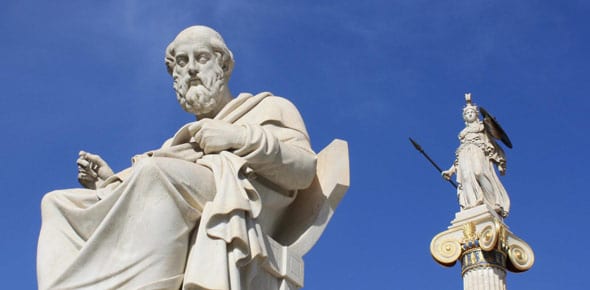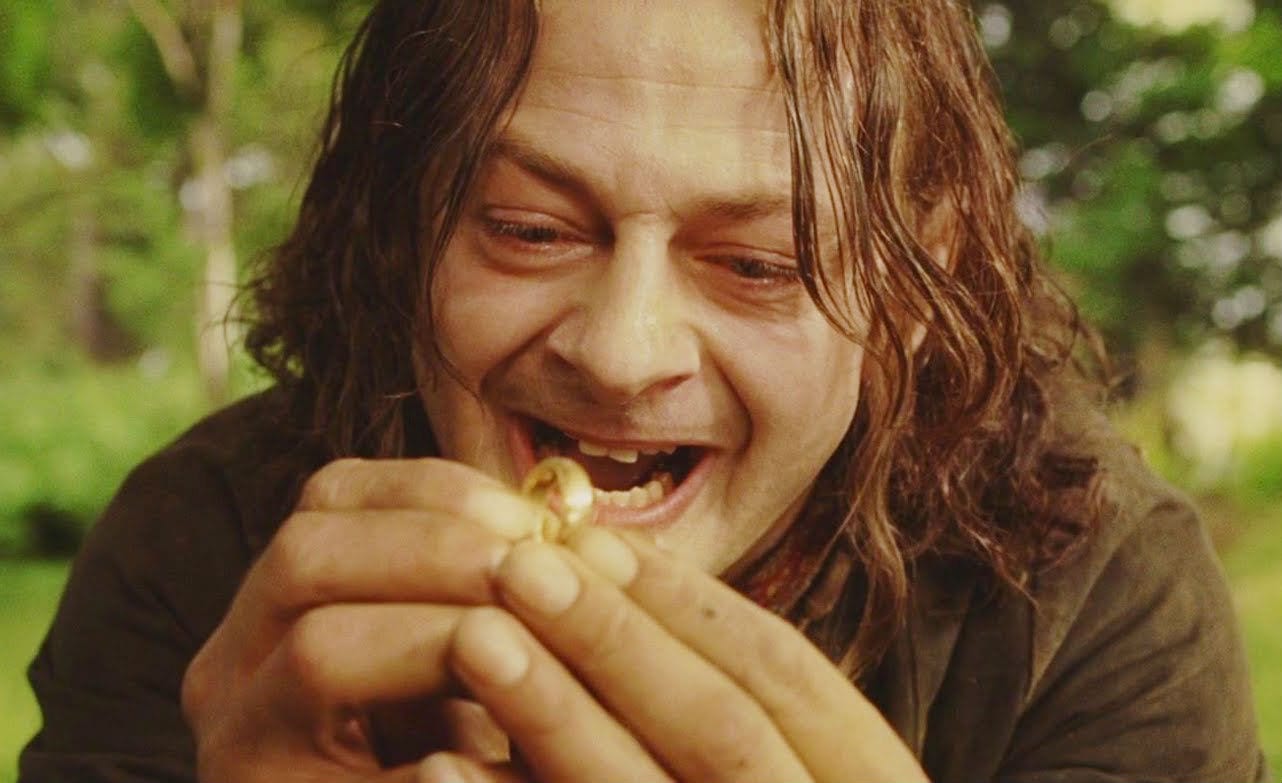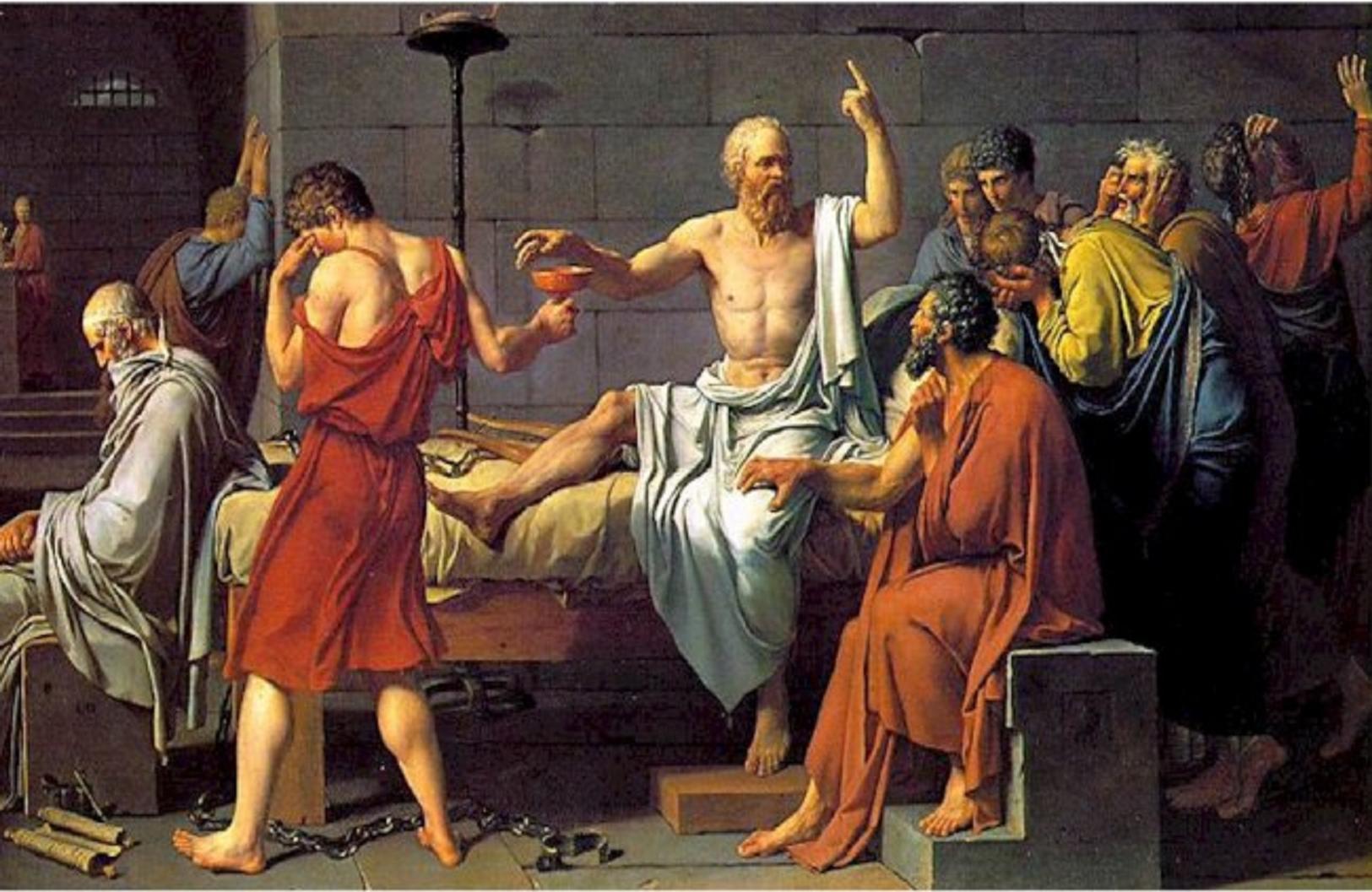3 Waves of Objections/Somatic Unit of Polis (449a-474a; V.1–V.16)
Socrates is about to embark on a discussion of the unjust political regimes and the corresponding unjust individuals when he is interrupted by Adeimantus and Polemarchus (449a-b).
Men/women are equal in
Genesis of the Polis (369a-434d)
(367b) They ask Socrates to defend justice for its own sake, not for its benefits to ones reputation. He admits this is no small task.
(368c-369a) He proposes to look for justice in the
PROLOGUE of The Republic
“Tales” (myths) about injustice (327a-368d) Bk. I
(327a) Socrates was on his way with Glaucon to pray at the Piraeus and see how the festival in honor of the Thracian goddess Bendis would be conducted.
In the Phaedo, Socrates defends the immortality of the soul and gives an account of the purpose of the philosophical life. The book follows the pattern of an epic poet and resembles an entrance and a return. We can divide the text
Bennett thinks that moral judgments depend on nonmoral facts and these judgments can be broken down into making/allowing, direct/mediated, actual/probable, and intended/foreseen. The facts can be analysed by identifying the components of a moral sentence like “he hurt Gwendolin” and
My Translation
Latin
Different colors are different premises.
Bold words were not known on first read.
Italics are questions
My Translation (for the purposes of studying)
= implicit idea made
How does Socrates argue that philosophy is a preparation for death? What kind of light does this argument shed on his understanding of what the soul is?
Thesis: Simply put, Socrates believes that philosophy is
Some of you may have heard of the book by Edward Feser called “The Last Superstition”. If you have not read it, read it. It is definitely in my top 3 favorite books of all time.
Why? I





